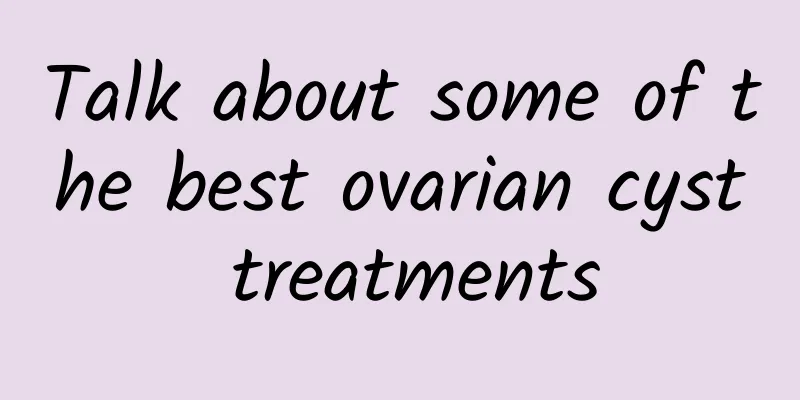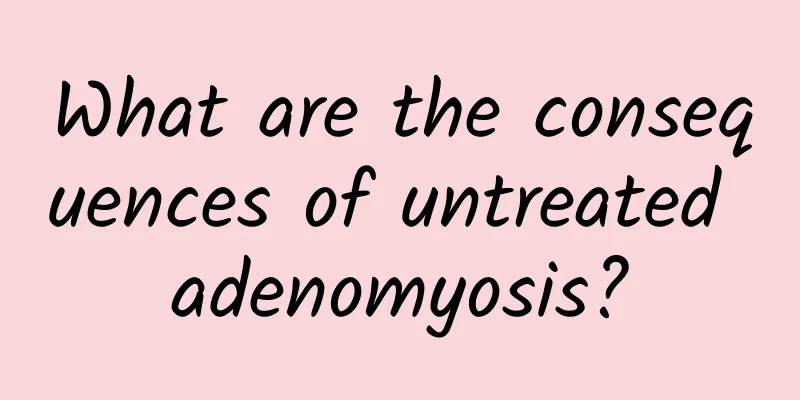How to treat thin endometrium and premature ovarian failure?

|
Treatment of thin endometrium and premature ovarian failure requires a personalized plan based on the specific cause, which usually includes hormone therapy, lifestyle adjustments, and assisted reproductive technology. Thin endometrium may be related to low estrogen levels, a history of uterine surgery, or chronic inflammation, while premature ovarian failure is related to genetics, autoimmune diseases, or environmental factors. 1. Hormone therapy is a common method to improve thin endometrium and premature ovarian failure. For thin endometrium, estrogen drugs such as estradiol valerate tablets, conjugated estrogen tablets or estradiol gel can be used to promote endometrial growth. Patients with premature ovarian failure can use hormone replacement therapy, such as estrogen-progesterone combination therapy, to relieve low estrogen symptoms and prevent osteoporosis. Specific medication should be carried out under the guidance of a doctor, and hormone levels and endometrial thickness should be monitored regularly. 2. Lifestyle adjustment has a positive effect on improving the condition. Maintain a balanced diet, increase foods rich in phytoestrogens such as soy products, flax seeds and nuts, and supplement vitamin D and calcium. Moderate exercise such as yoga, swimming or brisk walking can help regulate endocrine function. Ensure adequate sleep, reduce stress, avoid staying up late and excessive fatigue, all of which are conducive to the recovery of ovarian function and endometrial repair. 3. Assisted reproductive technology is suitable for patients with fertility needs. For those with thin endometrium, intrauterine perfusion technology can be used to promote endometrial growth using granulocyte colony stimulating factor or platelet-rich plasma. Patients with premature ovarian failure can consider options such as egg donation or embryo transplantation. The specific choice needs to be comprehensively evaluated based on age, ovarian reserve and fertility needs. 4. Traditional Chinese medicine conditioning can be used as an auxiliary treatment method. Acupuncture regulates endocrine and improves ovarian function by stimulating specific acupoints. Traditional Chinese medicine such as Angelica sinensis, White Peony Root, and Rehmannia Glutinosa has the functions of nourishing blood and yin, regulating Chong and Ren meridians, and can be used in conjunction with Western medicine. It is recommended to be carried out under the guidance of a professional traditional Chinese medicine practitioner to avoid self-medication. 5. Psychological counseling and long-term management are crucial. Patients with premature ovarian failure often have emotional problems such as anxiety and depression, and need timely psychological intervention. Establish a long-term follow-up plan to regularly monitor hormone levels, bone density and cardiovascular health to prevent complications. The treatment of thin endometrium and premature ovarian failure requires multidisciplinary collaboration, and a comprehensive plan should be developed based on individual circumstances, while focusing on lifestyle improvements and psychological support to achieve the best treatment results. |
<<: Fluid-filled pelvic mass after menopause
>>: What is the reason for frequent bleeding after menopause?
Recommend
What to eat for severe cervical erosion? Recommended dietary treatment for severe cervical erosion
Gynecologists say that once you suffer from cervi...
I always have stomach pain after abortion. What medicine is better?
My stomach always hurts after an abortion. What m...
Severe complications of ovarian cysts should be noted
There are many complications of ovarian cysts. Wh...
Povidone-iodine is a disinfectant that is commonly used in clinical practice, but does povidone-iodine kill fungi?
Iodine tincture can kill fungi. Because iodine ti...
Can I get pregnant with long-term irregular menstruation?
Although women with long-term irregular menstruat...
What should I do if my period doesn’t come?
What should I do if my period doesn’t come? Ameno...
Choose the right method to effectively treat vulvar leukoplakia
Vulvar leukoplakia is one of the common gynecolog...
What are the causes of cervical hypertrophy?
What are the causes of cervical hypertrophy? Cerv...
Who are the high-risk groups for uterine fibroids? What should I do if I have uterine fibroids?
Do women have severe uterine fibroids? What shoul...
Eating heavy salt water edema obesity tea diet recipe DIY
People who like to eat salty food should be caref...
Which hospital is better for treating cervical warts?
Cervical warts are mainly transmitted through sex...
What should you pay attention to when checking for pelvic inflammatory disease?
Pelvic inflammatory disease is a common gynecolog...
What are the symptoms of adenomyosis?
What are the symptoms of adenomyosis? Many people...
Do you know what are the preventive measures for vulvar leukoplakia?
Vulvar leukoplakia is also called vulvar white le...
Who is not suitable for abortion?
Artificial abortion, also known as artificial abo...









